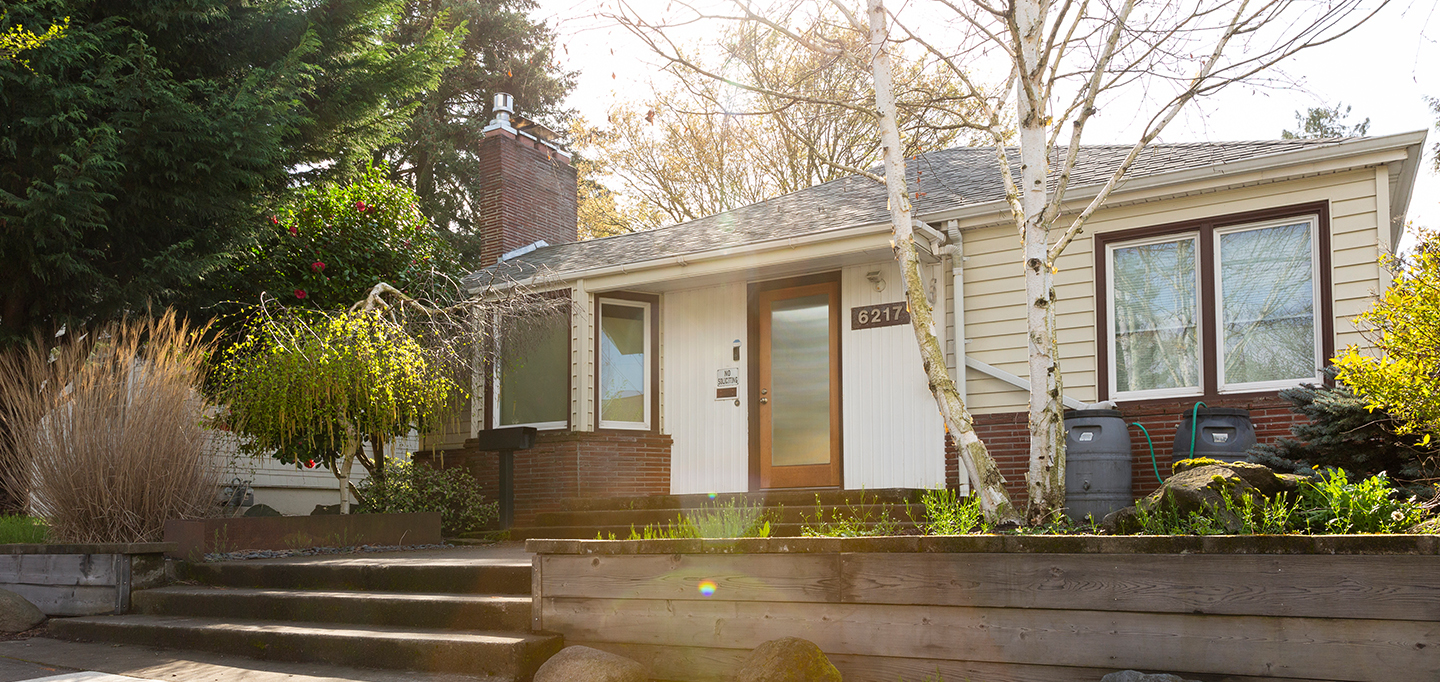Who doesn’t love a good deal? With everything from clothes to cars, we’ve been trained to look for sales and price reductions, and real estate is no exception. As property values increase throughout the country, there are still affordable options out there. If you’re looking to score a bargain on your next real estate investment, consider buying a house at a foreclosure sale.
What is a foreclosure?
A foreclosure occurs when a property owner defaults on his/her mortgage, and the lender takes ownership of the property. There are multiple stages in the foreclosure process.
Step 1: Pre-Foreclosure
The foreclosure process begins with a legal notice given to the property owner. The owner, then, has a few options to avoid foreclosure: pay the default and continue with their existing loan, reinstate the loan, opt for a deed in lieu or liquidate the property. Buying a pre-foreclosure property entails working with the owner to purchase the property before the foreclosure process is complete. At this stage, the property owners are highly motivated, as selling the property would avoid an official foreclosure and a negative effect to their credit. While this may be ideal, timing is key here.
Step 2: Foreclosure Auction
If none of those scenarios occur, the property will be up for sale in an in-person, live foreclosure auction (in most states). Properties are often sold to buyers and investors at foreclosure auction for less than the fair market value. Foreclosure auctions typically occur at the county courthouse at a specified date and time based on applicable state or local laws, and you can find all relevant auction information on Hubzu property pages. Here’s why purchasing at a foreclosure auction is worth considering.
What to Expect
Whether you’re looking for a fixer-upper, rental property or house to live in, you can’t beat the savings and potential for high profitability foreclosure sales have to offer. But, with the rewards come some risks. When buying at a foreclosure auction, you don’t have the opportunity to fully inspect the property. Therefore, you’re assuming the risk of any issues with the condition of the property, the title and more.
However, at Hubzu, we believe essential property information should never be shrouded in mystery. On our property pages, you’ll find occupancy status, RentRange® Reports and payment requirements. We share everything we know, so you can go into the auction as confidently as possible. Since you’re buying the property without an inspection, you should do your due diligence before the sale. We suggest researching the title, looking up city records, county records and past MLS listings and potentially driving by the property to get an in-person view of the exterior — often times, the exterior condition can be an accurate indication of the interior. Be ready to take the risk for a potentially bigger reward.
Prep for the Auction
Once you find the auction time and date for the property you’re interested in, make sure you’re prepared.
Remember, these are cash-only purchases, so you should decide how much you’re willing to pay for a property ahead of time. Take into consideration what your plans are with this investment — are you hoping to rent it out, fix it up to resell or live in it? You can also look into the selling price for similar properties nearby to get a better idea of your budget. Remember to consider any necessary repairs or improvements, and calculate the worst-case scenario, just to be safe. Your total budget should factor in costs for inspections, insurance and repairs, just to name a few.
Get in on the Auction
Double-check the property status before leaving, as auctions are often delayed or postponed. Don’t worry, Hubzu offers SMS notifications for any changes or updates for auctions you’re interested in.
Once you’ve confirmed the date and time are a go, try to arrive a little early with cash or cashier’s check on-hand. Usually, auctions don’t last long, so being late could result in missing the entire event. And, be ready to see hundreds of investors bidding on dozens of properties at a time, including the one you’re interested in.
Once the bidding starts, don’t hesitate to start bidding right away, as everything moves quickly! But remember, bids at the foreclosure sale are final, and backing out is not an option. Who knows? You might walk away with a property for only a fraction of its value.
Step 3: Bank-Owned Properties
If a property doesn’t sell at the foreclosure auction, it becomes a bank-owned, also known as real estate-owned (REO), property. At this stage, the lender takes ownership of the property and is usually highly motivated to sell it and recoup as much of their investment as possible. Learn more about investing in bank-owned properties and everything you need to know to purchase one.
Ready to start your search? Create or log in to your free Hubzu account, and filter by ‘Foreclosure‘ to find relevant properties.









